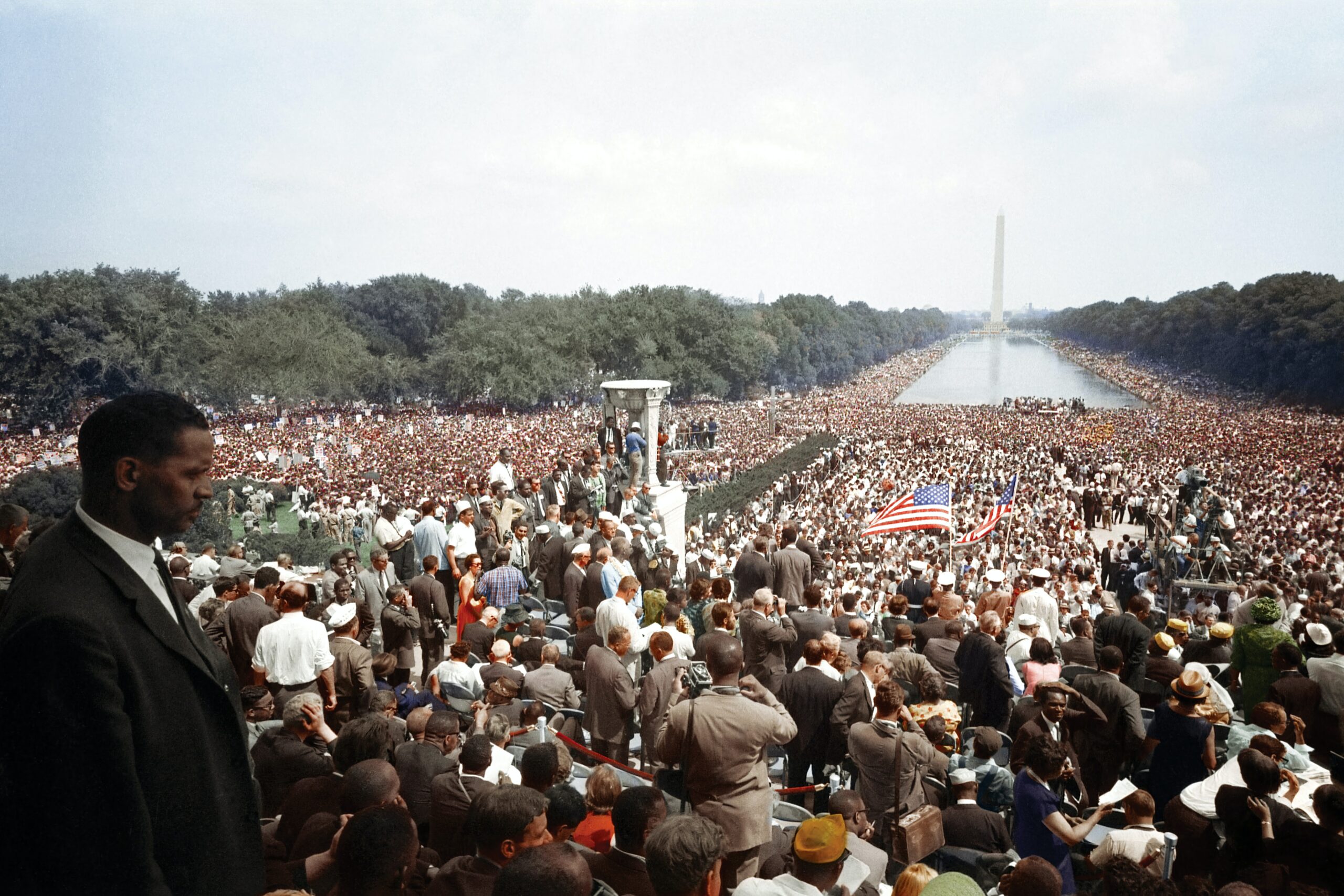By Beth Raps
Dr. David Sacks is in private practice as a clinical psychologist in the metropolitan DC area. He met us through one of our star organizers, Jessica Shryack, Director of Quality Initiatives at Minneapolis Community & Technical College. Jessica represented us at the wonderful Frontiers of Democracy conference you read about this Summer; David was one of the participants in the Living Room Conversation she led there. After learning about Living Room Conversations, his response was: I CAN DO THIS! And he did–on July 4th, with the participation of his mayor!
What moved you most when you encountered Living Room Conversations?
To actually participate in a Living Room Conversation felt liberating! Here, I could talk about my life story and personal experiences, and also my views on issues, sharing how I feel and what I think–and get to listen to, and get to know other people in an honest and open way! So refreshing.
In your article, “Ripple Effects: One Psychologist’s Post-Election Journey,” you describe tools, practices, and events you’ve sought out since the 2016 Presidential election. Where does Living Room Conversations fit in that mosaic for you?
To me, psychology is NOT expertise that psychologists should keep to themselves. It IS information and practices that I wish for more people to understand and adopt to benefit them in their lives. For example, Nonviolent Bystander Intervention Training, which I discuss in the article, is designed to help all of us build skills to intervene in situations of harassment in public places. This is different from a Living Room Conversation, but I believe it is related. Living Room Conversations give us all instructions for how we can convene more open and honest sharing between people, leading to more respect and understanding. When we have these conversations, we help build a more inclusive community where people feel heard and valued. I think this makes it less likely that people will feel left out and angry and resort to acts of harassment.
Almost as soon as you learned about Living Room Conversations, you tried them out–convincing your mayor to offer them on July 4th! What emboldened you to do this?
Just doing it once convinced me: I CAN DO THIS. The Conversation Agreements and the questions give us all the tools we need, right out of the box. The first time doing it, I connected with the others in my group in a friendly and intimate way which was so valuable. I thought, I want to do my own group–July 4 is coming–a day when I traditionally get together with my neighbors: what better way to celebrate the occasion? When I called him up, Mayor Jeffrey Slavin told me that mayors all over Maryland are looking for ways to open up these conversations in their cities and towns. Living Room Conversations had the perfect topic already designed on the website: The America We Want to Be.
What has been the most surprising self-discovery you’ve made since trying Living Room Conversations? And if applicable, your most surprising discovery about others?
I am discovering that it feels good to tell my story and be listened to by others–and to hear them tell important stories about their lives. The surprising part about me is that I care less and less about the political disagreements; they shrink in importance in comparison to our shared values. The surprising discovery about others is that so many people WANT to have these conversations, and ESPECIALLY want to reach out of their bubbles and converse with people from other walks of life and different communities within our society. I believe that we all want to move past the fears that keep us apart, and participate in building a larger community where all of our voices are heard and respected.
How many people had the conversation- basically what happened and any first outcomes?
We had 17 people respond to our notice on the community listserv. Twelve came to the event (a few seniors were deterred by the summer heat outdoors ). We met for an hour in three groups of four each, and joined together at the end for feedback. People wanted more time both to share their stories, and to discuss issues. “We don’t have enough opportunities to talk together like this!” People also expressed interest in holding another conversation with people from a wider variety of political perspectives.
If you were as jazzed by David’s story as I am, you might want to know how YOU CAN DO IT! Here are some ideas:
- Join an upcoming Living Room Conversation online by video from the comfort of your computer or phone
- Join one of our upcoming “Nuts & Bolts” Trainings to help you get started hosting!
- Join our Facebook page for Organizers and/or for finding participants. Introduce yourself and ask for what you want!


